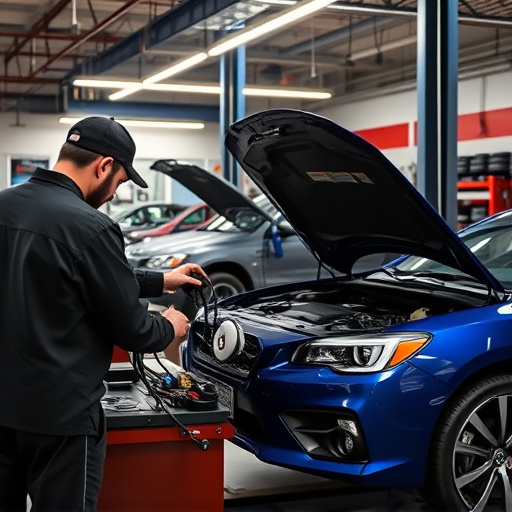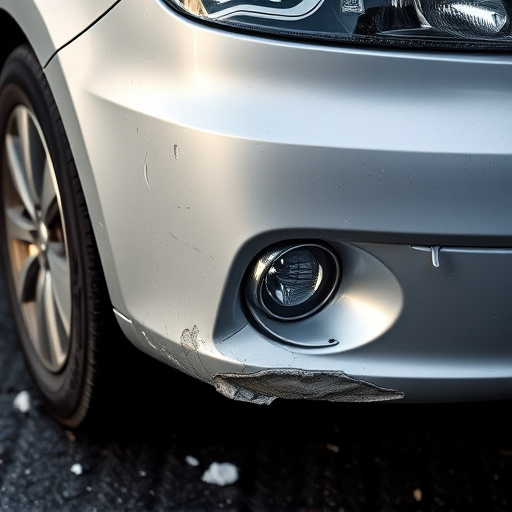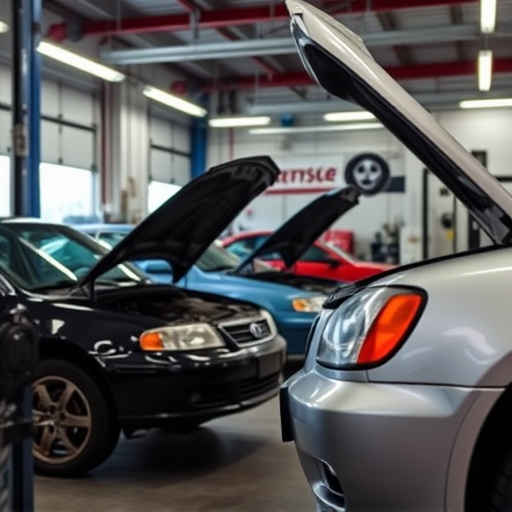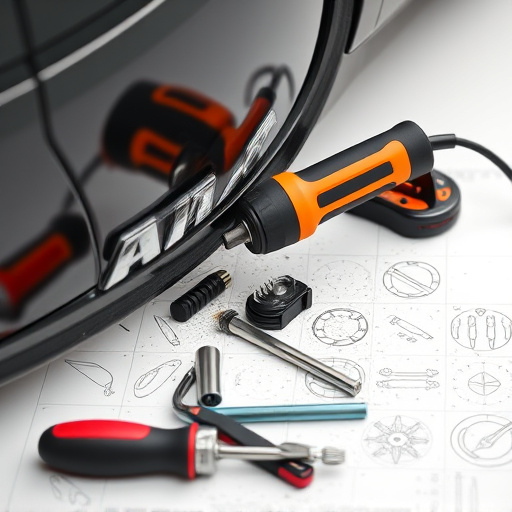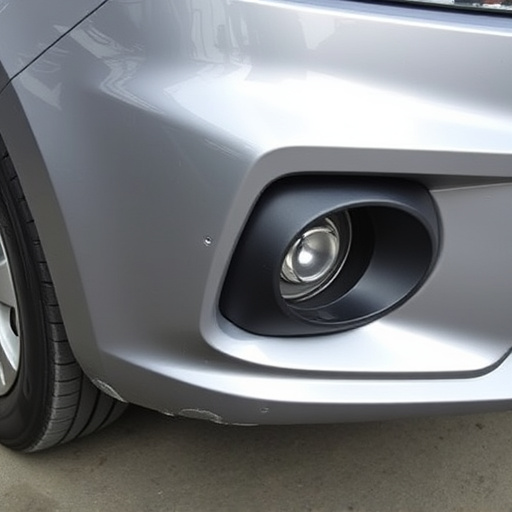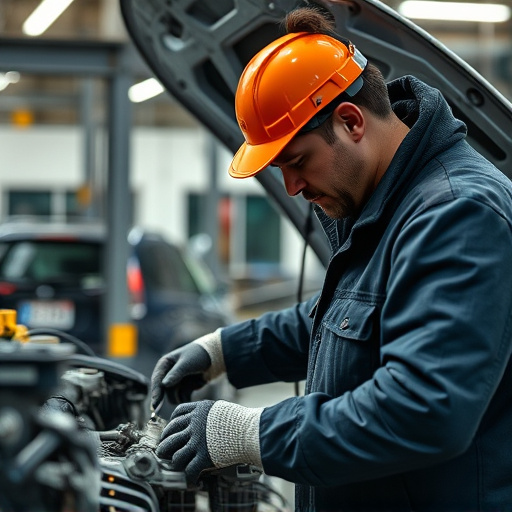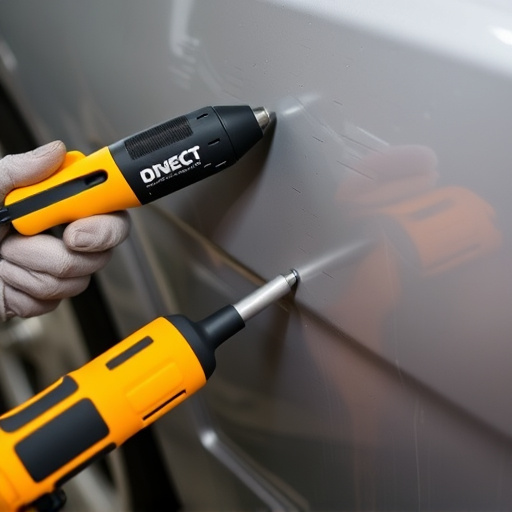Efficient repair scheduling collision management in vehicle body shops is crucial for optimizing workflow, reducing delays, and enhancing customer satisfaction. By prioritizing jobs, leveraging specialized tools, and promoting proactive communication, shops can achieve faster turnaround times, maximize resource utilization, and maintain high operational efficiency. Strategic approaches, including advanced software and collaborative training, are vital for modern automotive service operations to minimize conflicts and streamline processes.
In today’s fast-paced automotive industry, effective repair scheduling is paramount for shop efficiency. However, repair scheduling collisions—when multiple tasks compete for the same resources—can disrupt workflows and hinder productivity. This article explores the complexities of these collisions, delving into their impact on operations and offering strategic insights to optimize scheduling. By understanding repair scheduling collision and implementing tailored solutions, automotive shops can enhance workflow efficiency and better serve their customers.
- Understanding Repair Scheduling Collision
- Impact on Workflow Efficiency and Productivity
- Strategies to Mitigate and Optimize Collisions
Understanding Repair Scheduling Collision
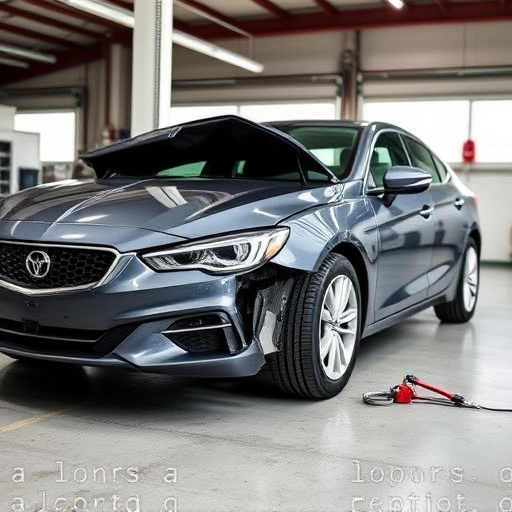
Repair scheduling collision refers to situations where two or more tasks or appointments for a vehicle’s repair overlap, creating an inefficient workflow within car repair services and vehicle body shops. This often occurs due to complex scheduling, limited resources, or unexpected delays. When a customer brings their vehicle in for, say, a car dent removal, and another job suddenly emerges as urgent, it can disrupt the entire day’s operations. The challenge lies in managing these collisions effectively without compromising service quality.
By understanding repair scheduling collision, vehicle body shops can implement strategies to optimize their workflow. This might involve prioritizing tasks based on urgency and complexity, utilizing specialized tools for efficient scheduling, and fostering a culture of proactive communication between staff members. Effective collision management not only minimizes delays but also ensures that car repair services are delivered smoothly, leading to happier customers and improved overall efficiency in the shop.
Impact on Workflow Efficiency and Productivity
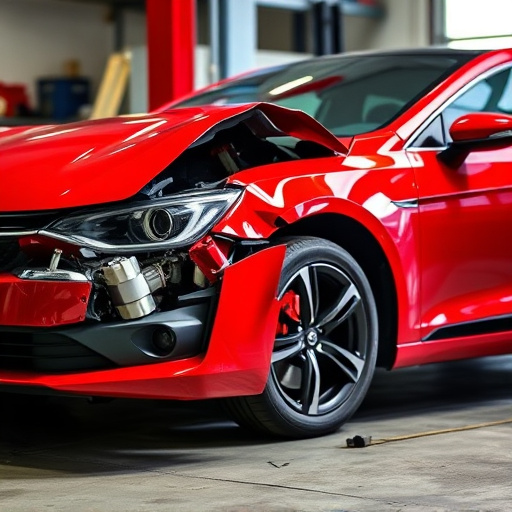
In the realm of automotive service industries, particularly within car repair shops and vehicle repair services, efficient repair scheduling plays a pivotal role in enhancing overall workflow optimization. When well-managed, it significantly impacts productivity by minimizing delays and maximizing resource utilization. In a bustling environment where multiple tasks and appointments intertwine, collision repairs often emerge as game changers, demanding meticulous planning.
By addressing repair scheduling collisions, car repair shops can ensure that paintless dent repair services and other specialized tasks are seamlessly integrated into the existing workflow. This strategic approach fosters a harmonious balance between various operations, enabling staff to efficiently manage their time and energy. As a result, clients benefit from faster turnaround times, while the shop enjoys enhanced operational efficiency and increased customer satisfaction.
Strategies to Mitigate and Optimize Collisions

In the realm of automotive services, repair scheduling collisions present a significant challenge for car body shops and classic car restorers. However, implementing strategic approaches can effectively mitigate these conflicts and optimize workflow efficiency. One key strategy involves meticulous planning and communication. By utilizing advanced software tools designed for repair scheduling collision management, technicians and managers can anticipate potential issues, allocate resources wisely, and create seamless schedules that accommodate frame straightening procedures without disrupting other tasks.
Additionally, fostering a culture of collaboration among team members ensures everyone is aware of the interdependencies within the workflow. This includes training staff on the latest techniques for both frame straightening and classic car restoration, enabling them to handle collision repairs with precision and speed. Such proactive measures not only minimize delays but also enhance customer satisfaction by reducing the overall time a vehicle spends in the car body shop, making it a crucial aspect of modern automotive service operations.
Repair scheduling collision, a prevalent issue in complex workflows, can significantly hinder efficiency and productivity. By understanding the root causes and implementing tailored strategies, organizations can effectively mitigate these collisions. Optimizing repair scheduling involves a combination of efficient planning, resource management, and real-time adjustments to create a seamless workflow. Embracing advanced technologies and adopting data-driven approaches are key to minimizing collisions, ultimately leading to improved operational excellence.
